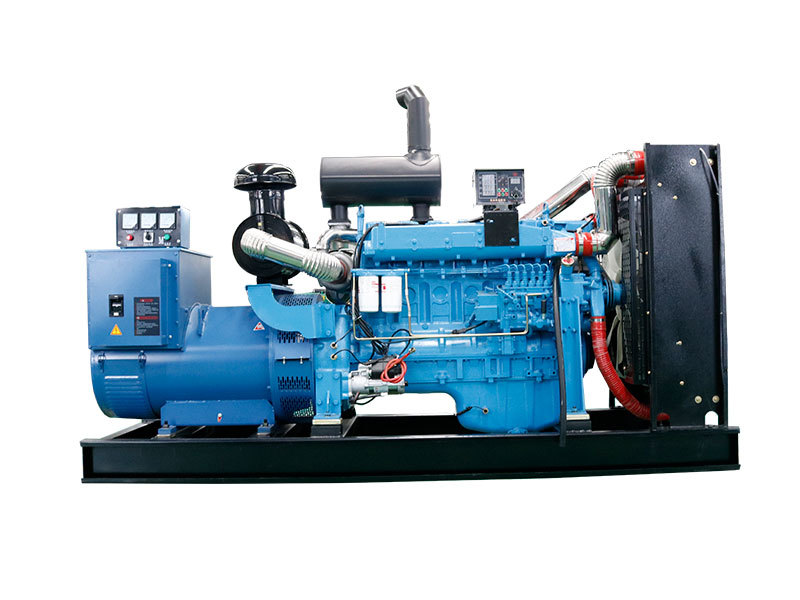A 500 kW diesel generator represents a significant investment in reliable power. Whether you need prime power for a remote location or a robust backup solution for a critical facility, understanding the specifications and applications of these powerhouses is crucial. Let's dive right into the details.
Engine Specifications: A 500 kW generator is typically powered by a heavy-duty diesel engine. Think of brands like Cummins, Perkins, or Volvo – these are common choices. You'll find these engines boasting displacement upwards of 15 liters, with turbocharging and aftercooling systems to maximize efficiency and power output. Frankly, the engine is the heart of the generator, so it's where you want to see quality and reliability.
Generator End: The generator end is where the mechanical energy from the engine is converted into electrical power. Key specs to consider here include the voltage regulation, which ensures stable power output, and the alternator type – brushless alternators are the standard for reliability and longevity. You'll also want to look at the insulation class to ensure it can withstand the operating environment.
Cooling System: Maintaining optimal operating temperature is vital. A 500 kW generator typically utilizes a radiator-based cooling system, often with a separate cooling circuit for the engine and generator end. Some units might even feature a jacket water heater to ensure quick starts in cold climates. Have you ever considered the impact of ambient temperature on generator performance? It's a crucial factor.
Control Panel: The control panel is the brain of the operation. Modern control panels offer a range of functionalities, from basic voltage and current monitoring to advanced features like automatic start/stop and remote monitoring capabilities. Frankly, the ease of use and level of control offered by the panel can be a game-changer.
Fuel System: Diesel generators, obviously, need diesel. The fuel system includes the fuel tank, which can be integral or external, and the fuel lines and filters. Tank capacity is a key consideration, determining how long the generator can run without refueling. Worth noting, some advanced systems even offer fuel polishing to maintain fuel quality.
Sound Attenuation: 500 kW generators aren’t exactly whisper-quiet. Manufacturers employ various sound attenuation methods, including sound-attenuated enclosures and exhaust mufflers, to minimize noise pollution. Depending on the application, the required sound level can vary significantly.
Applications: Now, where would you actually use a 500 kW generator? The applications are diverse. They’re ideal for powering large industrial facilities, construction sites, data centers, hospitals, and even entire communities during power outages. Imagine a hospital losing power during a storm – a 500 kW generator can be a lifesaver.
Industrial Use: In industrial settings, these generators can provide continuous power for manufacturing processes, heavy machinery, and other critical operations. They can also act as a backup power source in case of grid failure, minimizing downtime and preventing costly production losses.
Emergency Backup Power: Perhaps the most common application is emergency backup power. From hospitals and data centers to commercial buildings and large residential complexes, a 500 kW generator ensures essential operations can continue during a power outage. Undeniably, reliable backup power is crucial in today's interconnected world.
Choosing the Right 500 kW Generator: Selecting the right generator involves carefully considering factors like power requirements, fuel efficiency, emissions regulations, noise levels, and budget. Consulting with a power systems expert is highly recommended to ensure the chosen generator meets your specific needs. According to my experience, overlooking these details can lead to costly mistakes down the line.
Investing in a 500 kW diesel generator is a decision that requires careful consideration and planning. By understanding the specifications, applications, and selection criteria, you can ensure a reliable power solution that meets your specific requirements. So, what are your primary power needs? Thinking about the specifics can help you determine if a 500 kW generator is the right fit.





